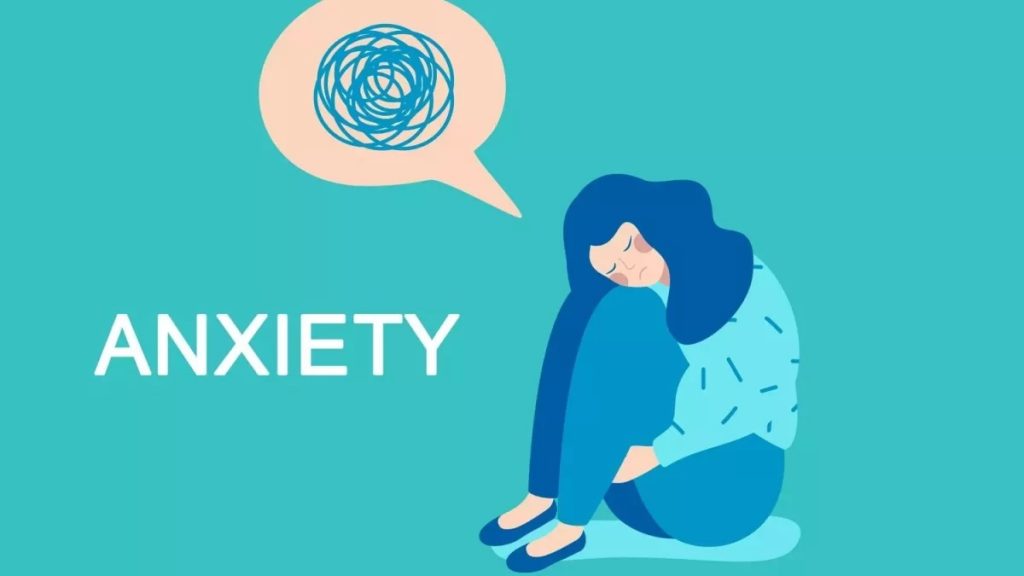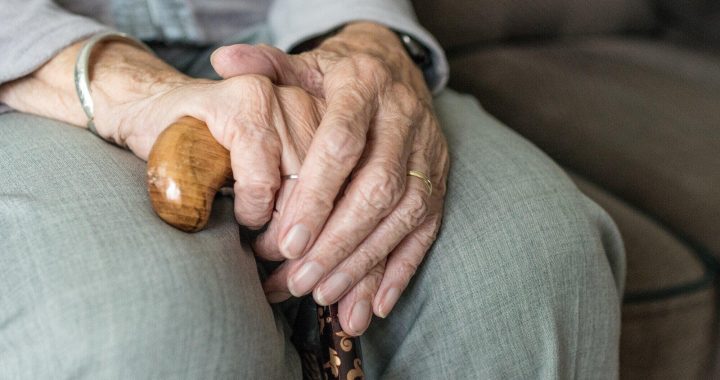
Anxiety Disorder and Everyday Life
Anxiety disorder is a common mental health condition that can have a profound impact on an individual’s daily life. While it is normal to experience occasional anxiety, anxiety disorders involve excessive, ongoing worry and fear that interfere with daily activities. People with anxiety disorders may struggle with work, relationships, and personal well-being, as the symptoms can be both physically and emotionally exhausting. Understanding the condition and seeking proper treatment are key to managing anxiety and improving quality of life.
What is Anxiety Disorder?
Anxiety disorder is an umbrella term that encompasses various forms of excessive worry, fear, or anxiety. These include generalized anxiety disorder (GAD), social anxiety disorder, panic disorder, and specific phobias. Each type of anxiety disorder has its own set of symptoms, but common signs include restlessness, rapid heart rate, difficulty concentrating, and overwhelming feelings of dread. These symptoms can be persistent and may occur without any obvious trigger, making it difficult for individuals to manage everyday tasks and responsibilities.
Treatment: The Daily Battle
Living with anxiety disorder often feels like a daily battle. Treatment typically involves a combination of therapy, medication, and lifestyle changes. Cognitive-behavioral therapy (CBT) is one of the most effective forms of therapy for anxiety, helping individuals reframe negative thought patterns and develop coping strategies. Medications, such as selective serotonin reuptake inhibitors (SSRIs), are often prescribed to help manage symptoms.
However, even with treatment, managing anxiety requires ongoing effort. Individuals may need to incorporate relaxation techniques, regular exercise, and mindfulness practices into their daily routines to reduce the intensity of their anxiety. Many find it helpful to seek support from an anxiety disorder center where professionals can tailor treatment to their specific needs, ensuring that they have the right tools to manage their condition in everyday life.
Impact on Life and Relationships
The impact of anxiety disorders on life and relationships can be significant. Individuals may find it hard to focus at work or school, leading to decreased performance and stress. Anxiety can also strain personal relationships, as the individual may withdraw from social situations or become overly dependent on their loved ones for reassurance. This constant battle with fear and worry can create emotional distance in relationships, further isolating the person affected by anxiety.
In severe cases, anxiety disorders can lead to avoidance behavior, where individuals stop engaging in activities they once enjoyed or avoid situations that trigger their anxiety. This can create a cycle of isolation and worsening symptoms. Understanding and support from family and friends are critical for individuals with anxiety, but professional help is often necessary to break the cycle and improve their quality of life.
Get Help for Anxiety Disorder at URP Behavioral Health
If you or a loved one is struggling with anxiety, help is available at URP Behavioral Health. Our anxiety disorder center offers comprehensive treatment plans tailored to each individual’s needs, including therapy, medication management, and support for managing anxiety in daily life. Contact us today to learn more about how we can help you or your loved one find relief and regain control of life.

























